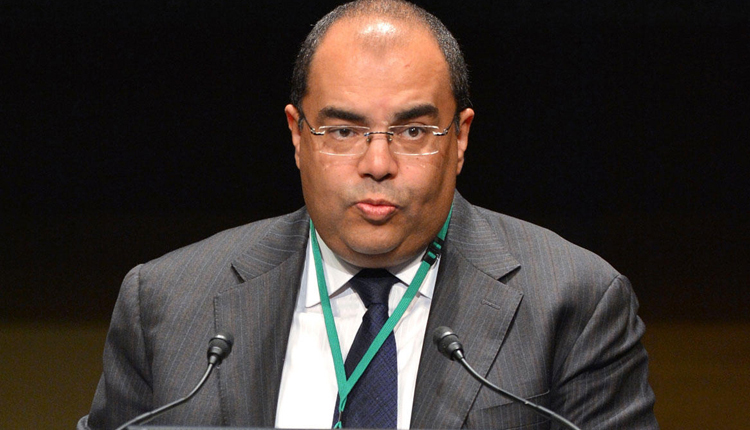
Andersen: 2024 is on track to be warmest on record..Financing must up at least 3.5 times
2024 is on track to surpass 2023 as the warmest on record and climate change ...

World Bank Group (WBG) senior vice president for 2030 Development Agenda Mahmoud Mohie El-Din said 18 million people live in abject poverty in the Middle East and North Africa (MENA) region, marking a rise in poverty rate from 2.6 percent to 5 percent.
He made the remarks while delivering a speech at the Arab Sustainable Development Week which opened in Egypt on Sunday under the patronage of Egyptian President Abdel Fattah El Sisi.
Mohie El-Din said “eradicating absolute poverty should be a top priority for Arab countries,” adding the Arab region is the only region which witnessed grave deterioration in abject poverty rate.
He added that the performance of Sub-Saharan Africa countries has even become better, expounding that the numbers are bigger in these countries due to the rise in the population number not in the percentage.
The Arab world has become the world’s number 1 region in unfair distribution of income and wealth, thus superseding Latin America which has occupied this position for long years, he said.
He said “we cannot talks about any achievements without plucking all these people from this abject poverty,” noting that some Arab countries have attained the aspired goal of ditching poverty, but “we are talking about a whole region, not just bright parts.”
He referred to China as a model of success as it managed to get 850 million people out of extreme poverty over the past 40 years, noting there are only 55 to 60 million people still suffering from extreme poverty in the Asian state.
The Arab world can realize this achievement as it has all potentials to do this, noting that the Sustainable Development Goal 10 calls for reducing inequalities in income.
He urged the Arab world to inject huge investments into human resources development, noting that the Arab world’s spending in this score is the least at the international level.
He said there are bright models in the Arab region, but “we are not talking about exceptions or amazing deals, we are talking about the performance of the Arab region with regard to achieving the Sustainable Development Goals. This performance is not commensurate with the Arab states’ potentials and aspirations.”
Despite the success of some Arab states, these successful countries should take into consideration the situation in other regional states, citing the efforts exerted by Egypt and other Arab countries to invest in the education and health sectors.
He highlighted the importance of the digital transformation infrastructure and artificial intelligence, referring the UAE’s progress in the field of artificial intelligence as it came to have a minister for artificial intelligence.
He also underscored the importance of taking into consideration the consequences of climate change, especially with regard to diminishing water resources.
He said Arab countries have potentials that would help them ditch abject poverty, but they need to have political will, settle ongoing regional conflicts, invest in human resources, and improve educational and health conditions.
2024 is on track to surpass 2023 as the warmest on record and climate change ...
The annual collective climate financing contributions from the group of multilateral development banks (MDBs) is ...
Sweden pledges additional $19 million to the Loss and Damage Fund at the 29th United ...


اترك تعليقا